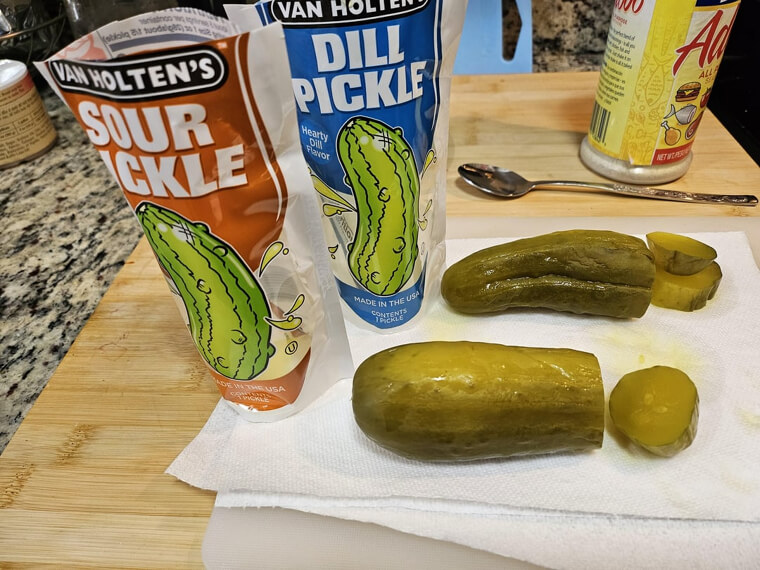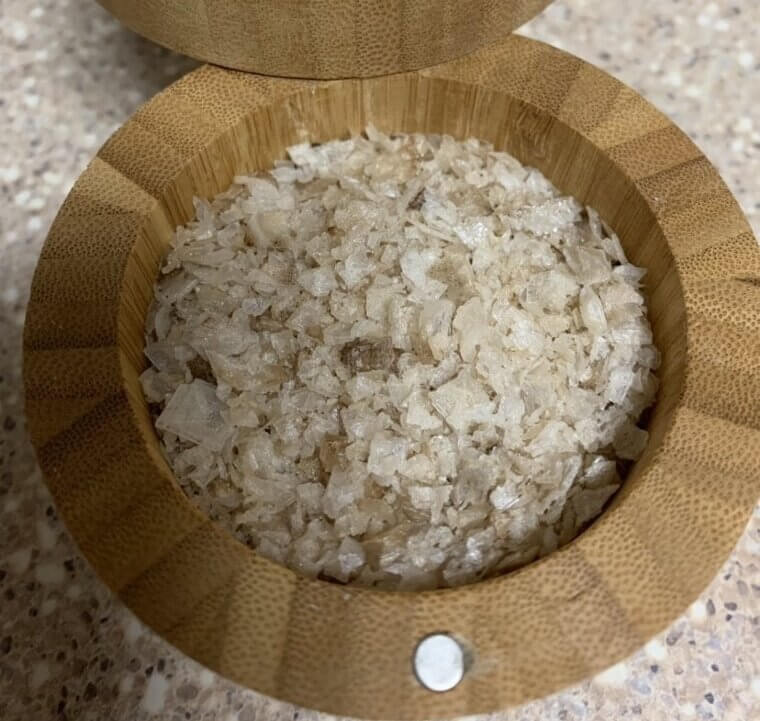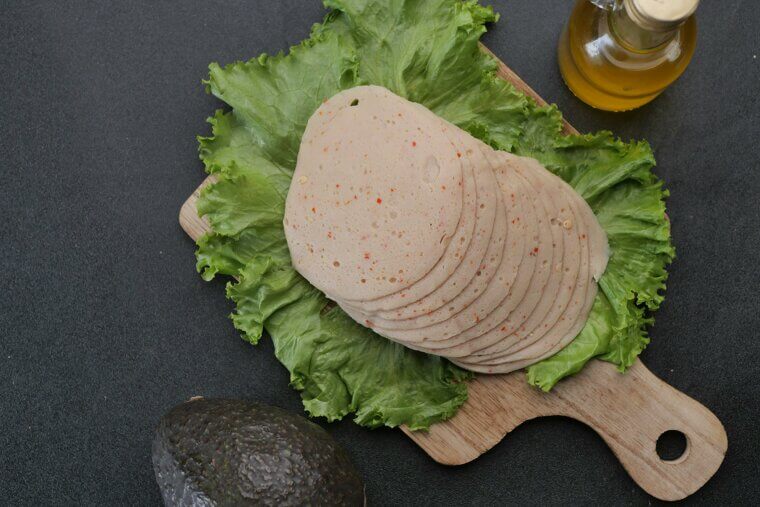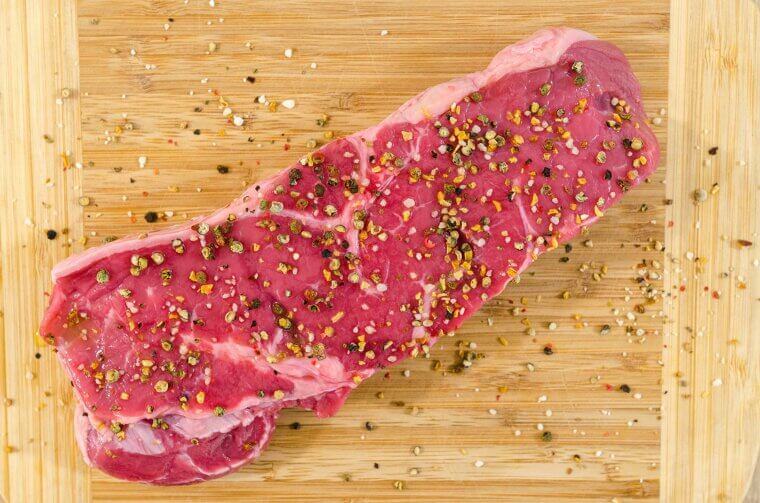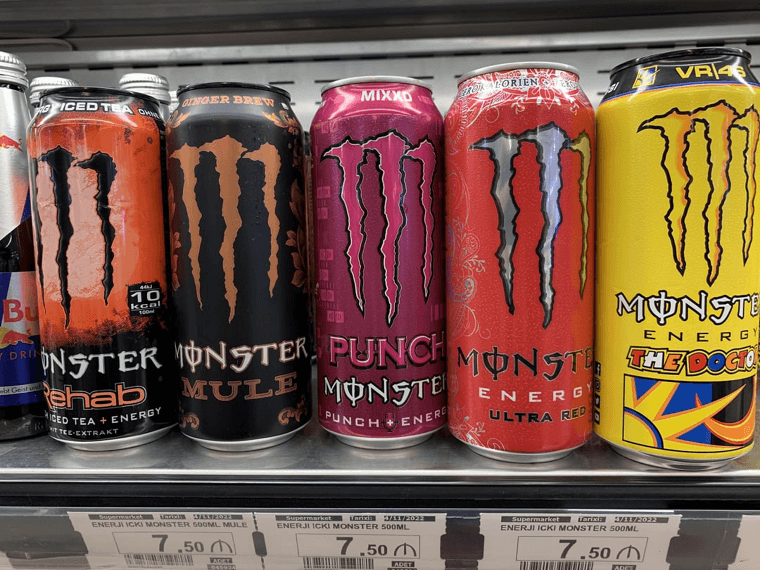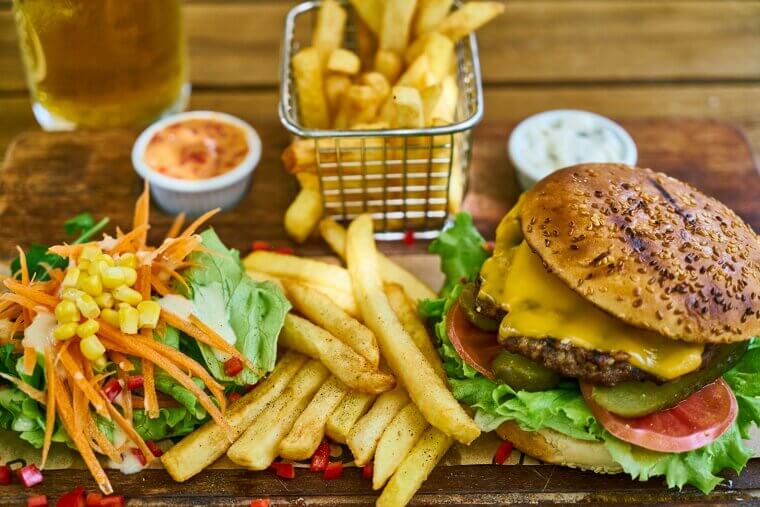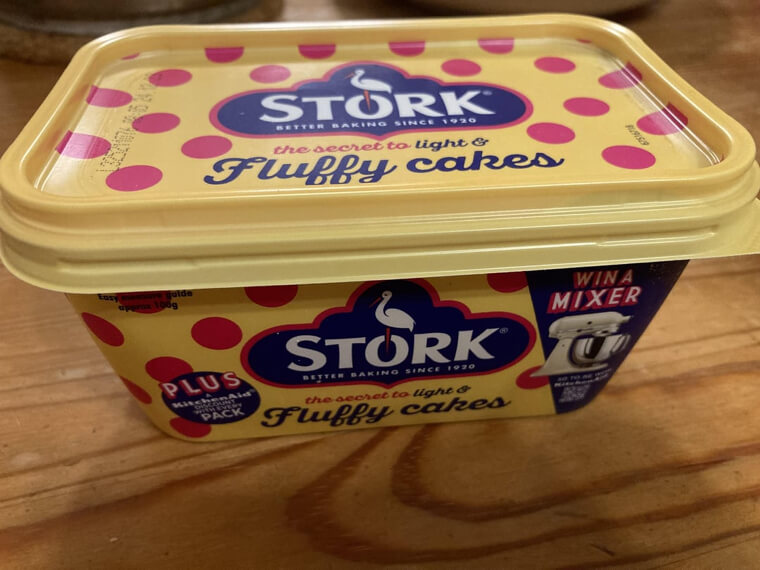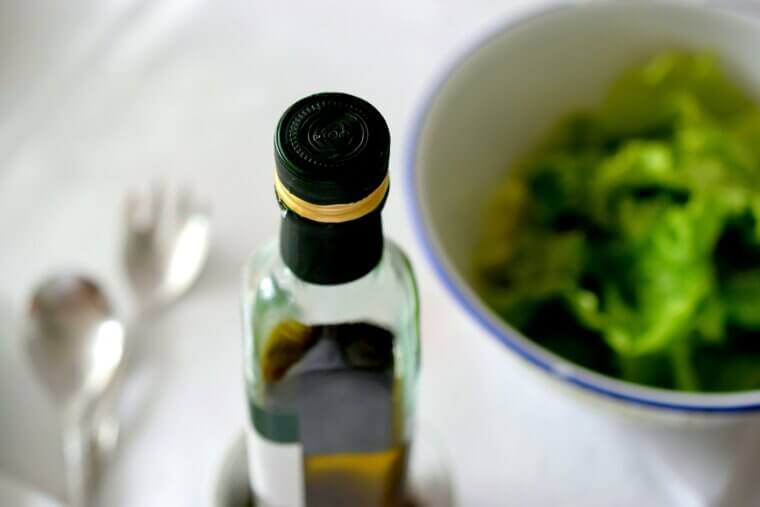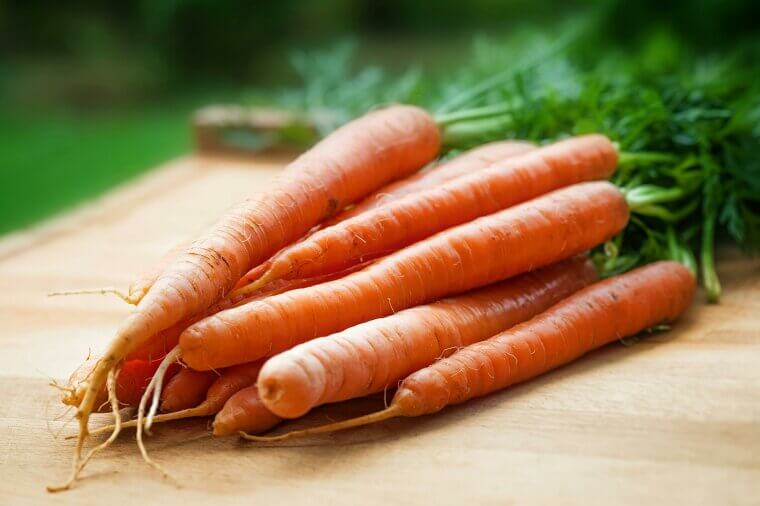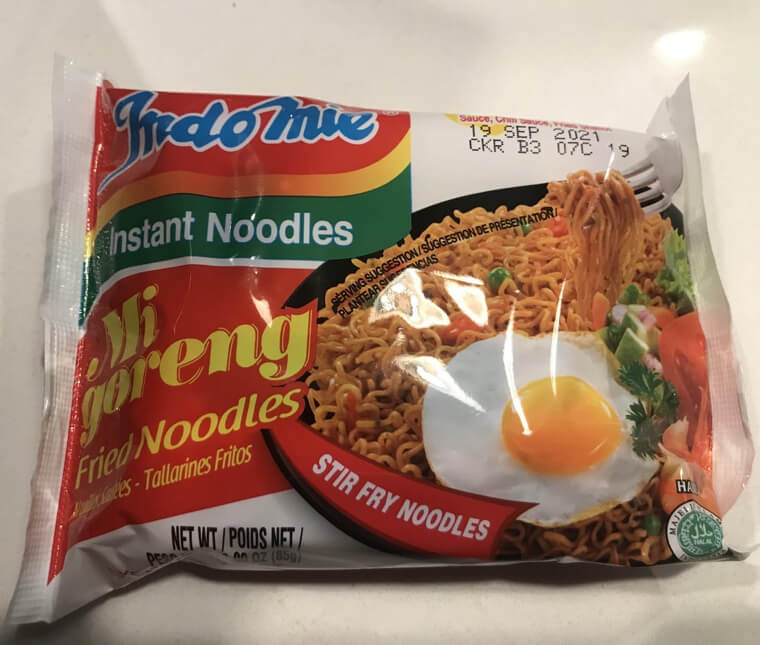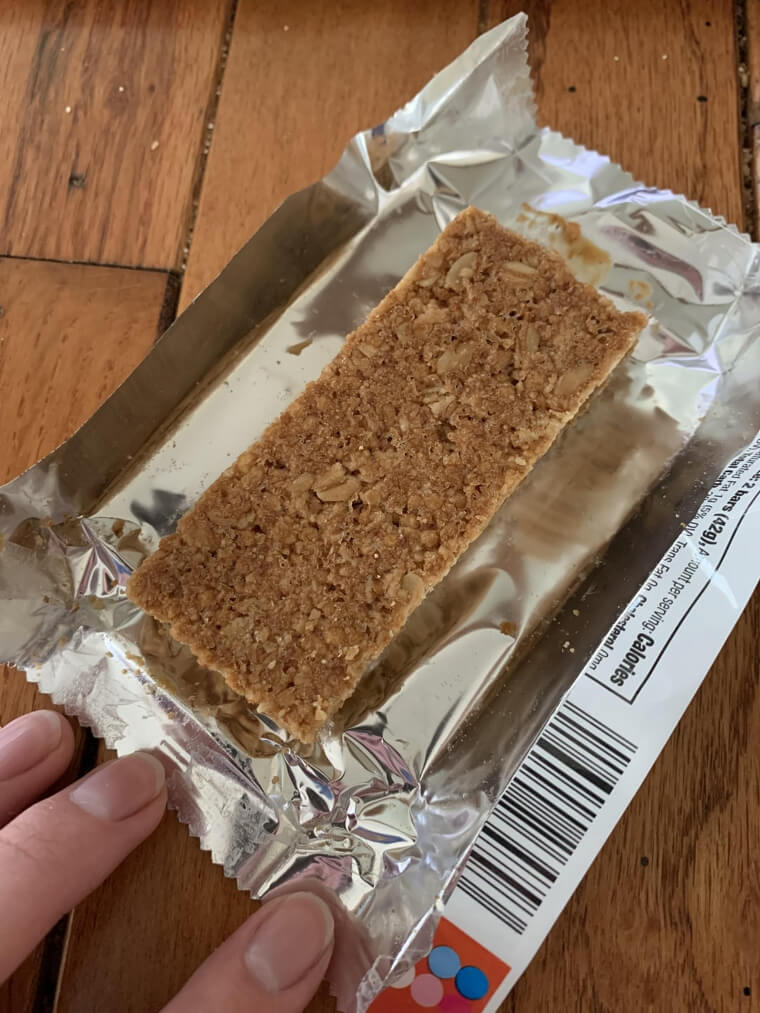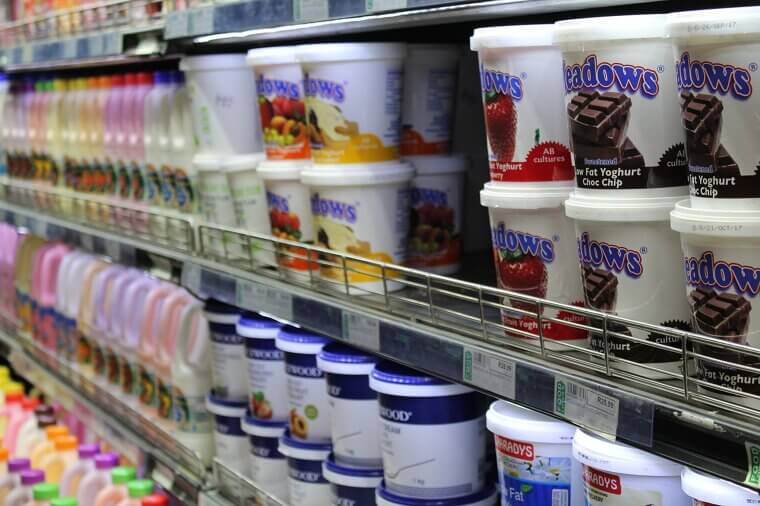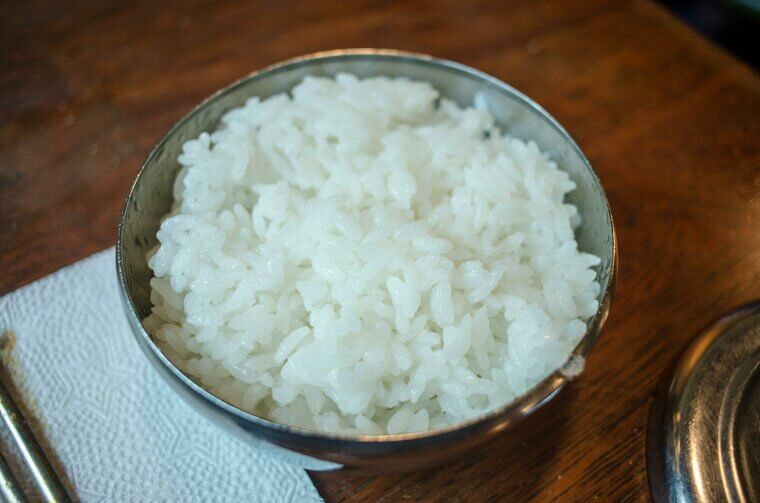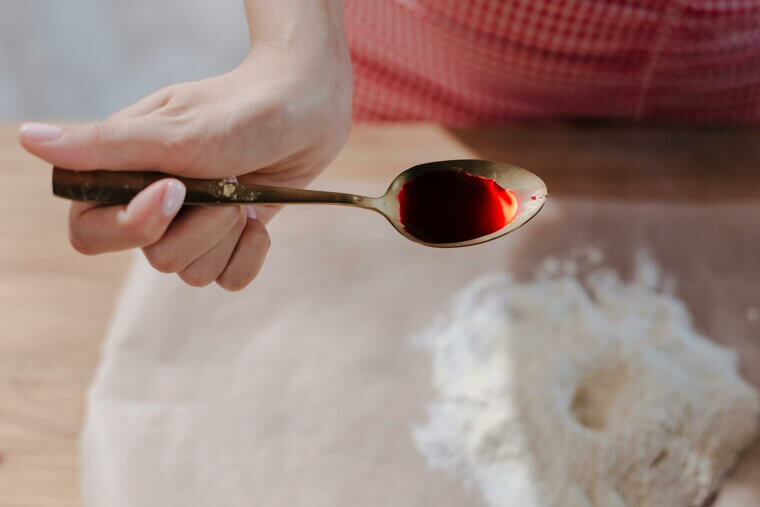Legumes (Without Proper Preparation)
Phytates in beans, lentils, and peas have a blocking effect that hinders calcium absorption in the body. However, soaking or sprouting legumes before eating them can help reduce their negative effects on bone health. The process of cooking legumes until thoroughly done reduces their negative effect on calcium intake.
Pickled Foods
People who consume fermented foods can benefit from those products, but pickled vegetables typically come with a high sodium content. When exposure to excessive salt occurs, the body loses calcium, which results in long-term weakening of bones. People who consume pickled foods should select versions with low sodium content or prepare their own pickles using minimal salt.
High-Oxalate Vegetables
Oxalate, or Oxalic acid, is a natural compound that binds to the calcium, in the body and reduces its absorption. Consuming spinach along with beet greens and rhubarb supplies a high amount of oxalates that negatively affect calcium absorption. While these vegetables have other health benefits, they shouldn’t be your primary source of calcium. The negative effects of these vegetables can be reduced by eating them with calcium-rich foods. Heating vegetables reduces their oxalate content slightly.
Soda
The phosphoric acid in carbonated beverages, especially cola, pulls calcium from the bones. Repeated soda drinking on a regular basis can lower your bone mineral density, thus raising your risk of bone-related fractures. Additionally, sodas often replace healthier beverages like milk, reducing overall calcium intake. Many sodas also contain caffeine, which further contributes to calcium loss.
Salt
Your body releases calcium when sodium intake exceeds the recommended level, which results in urine excretion of calcium. Excessive sodium intake has resulted in scientific evidence confirming its connection to osteoporosis and weakened bones. Lots of processed meals, canned soups, and fast food options contain high salt concentrations, making users surpass recommended daily salt limits with ease. Cutting down on salt consumption serves as protection for both bones and the entire body.
Coffee
The positive effects of coffee consumption exist but high levels of caffeine consumption disrupt calcium absorption processes in the body. Consuming more than three cups per day may contribute to bone loss, particularly in older adults. People who drink coffee should alternate their cups with calcium sources or switch to decaffeinated coffee from time to time. Consuming coffee with milk together with fortified plant-based drinks helps to counteract some of the negative effects.
Sugary Snacks
A diet rich in sugary foods takes away bone-strengthening minerals, including calcium, from the body. High sugar consumption triggers inflammation in the body that can cause bone tissue depletion over several years. Moving away from candy and sweet pastries combined with restricted consumption of sweet drinks will help strengthen bones. The weight gain effects of sugar create additional tension that harms bones, together with their supporting joints.
Processed Meats
Deli meats, sausages, and bacon contain high amounts of sodium and preservatives that can contribute to calcium loss. The high acidity created by consuming these meats causes bones to give away calcium as a form of neutralization. The inflammation-causing properties of nitrate additives along with processing agents in these products decrease bone health.
Trans Fats
Consumers should limit their trans fat intake from fried foods and margarine since this dietary component acts as a vitamin K absorption barrier, thus harming bone structure. Excessive consumption of trans fats causes bone brittleness, which subsequently raises the chance of breaking a bone. Strong bones can be supported through the consumption of unsaturated fats present in nuts and avocados instead of processed hydrogenated oils.
Too Much Protein
Excessive animal protein consumption along with additional protein intake leads to calcium depletion from the body. When protein intake rises, the body becomes acidic, which causes the bones to give up calcium to maintain balance. The consumption of plant proteins found in beans and lentils presents advantageous benefits because they do not affect calcium levels similarly to animal proteins.
Alcohol
Heavy alcohol use damages bones because it affects how our bodies absorb calcium and disrupts the natural creation of bone-producing cells. Chronic alcohol consumption creates higher chances of bone fractures while leading to osteoporosis development. Moderation is key to maintaining strong bones. Extreme alcohol use leads to balance disturbances, which raises the chances of breaking bones through falls.
Soft Cheeses
Some soft cheeses, such as cream cheese and brie, are high in saturated fats and sodium. The calcium content in these products becomes an issue when individuals consume them in large amounts because it causes inflammation that weakens bones gradually. A moderate consumption of hard-aged cheeses offers a better method to receive calcium while reducing sodium intake.
Energy Drinks
The high levels of caffeine alongside phosphoric acid present in these drinks cause problems for calcium absorption within the body. Consistently drinking energy drinks may contribute to lower bone density. Many also contain artificial sweeteners, which may have additional negative effects on bone health.
Fast Food
Fast foods including burgers and fries combined with unhealthy fats and sodium will detrimentally affect the health of bones. When bones experience the leaching effect of excessively high salt levels, they become more prone to fractures. Consuming fast food fails to provide all the necessary vitamins and minerals that build strong bones.
Refined Grains
White bread, white rice, and pasta do not supply essential minerals like magnesium and phosphorus that help build strong bones. Whole grains represent the more suitable food choice to promote healthy bones. The decision to eat whole wheat or brown rice instead of refined grains enhances the nutritional intake.
Margarine
Most margarine products have unhealthy trans fat contents that block vitamin K from entering the body. Frequent consumption of margarine that contains vitamin K can lead to bone damage over time. You'll obtain better results by using butter rather than margarine made from plant-based components.
Fried Foods
Foods that undergo deep-frying contain high trans fat content, which triggers inflammatory responses in the body. Extended inflammation produces bone deterioration that subsequently raises the possibility of osteoporosis. An alternative to fried foods should always be baked or grilled as they help protect your bone structure. Your cardiovascular health benefits when you decrease your consumption of fried foods.
Artificial Sweeteners
The consumption of specific artificial sweeteners leads to metabolic abnormalities that produce adverse effects on bone density. Scientific evidence indicates that a large dietary intake of artificial sweeteners affects calcium absorption and leads to gradual bone deterioration. Opting for natural sweeteners like honey or maple syrup in moderation may be a healthier choice.
Highly Acidic Foods
Eating tomatoes and citrus fruits leads to body acidity that could result in calcium degradation. Nutritious foods like these should always be substituted with alkaline food options to protect your bones from their acidic nature. Water consumption helps cancel out the physical effects of excessive acidity in the body.
Shellfish (High in Cadmium)
The bones of people who consume crab and shrimp often lose mass because these shellfish carry cadmium, a heavy metal. While occasional consumption is fine, eating large amounts frequently may weaken bones. The reduction of cadmium exposure becomes possible through seafood consumption from different sources.
Commercial Salad Dressings
Commonly purchased salad dressings contain multiple unhealthy ingredients including unhealthy fats, sugar, and preservatives, which can contribute to increased inflammation. The process of selecting homemade products instead of unhealthy alternatives is beneficial because inflammation contributes to bone deterioration. Some dressings also contain artificial additives that may further interfere with calcium absorption.
Excessive Vitamin A
The necessity of vitamin A for general health remains unchanged, yet large quantities of liver and animal-derived vitamin A consumption results in weakened bones. The recommended daily intake provides the best protection against bone-related dangers. An overabundance of vitamin A causes disturbances in the activity of vitamin D, which plays an essential role for strong bones.
Corn Syrup
The presence of high fructose corn syrup in processed foods and sugary drinks triggers bone loss in addition to causing inflammation in the body. Reducing consumption can help maintain stronger bones as you age. Consuming large amounts of fructose has been proven to create metabolic disorders that worsen bone health.
Potato Chips
Eating potato chips provides high amounts of sodium that leads to calcium removal from your bones. Eating chips as part of a normal diet leads to the gradual thinning of bone density over several years. Unhealthy oils and preservatives found in these products create inflammation, further weakening the bones.
Instant Noodles
Packed with sodium and lacking essential nutrients, instant noodles can be harmful to bone health. Frequent consumption can lead to calcium depletion and weaker bones. The high levels of preservatives and artificial flavorings in these products may also negatively affect overall health.
Sports Drinks
The high levels of sugar together with acidic substances in sports drinks pose detrimental effects to bone health despite their electrolyte content. Water remains the most favorable choice alongside coconut water when you need to hydrate your body. Sports drink ingredients like artificial colorings, together with preservatives, create inflammation in the human body.
Store-Bought Granola Bars
The preservative and high sugar content found in most commercial granola bars lead to both bone damage and inflammation in the body. Look for low-sugar or homemade options to keep your bones strong. Some contain processed oils that create body acid which promotes calcium depletion.
Non-Dairy Creamers
Consumers must be aware that these creamers contain trans fats and artificial additives that disrupt the body's calcium-absorbing abilities. You should select real milk or plant milk alternatives containing added calcium as a better dietary option. Many also contain high levels of hydrogenated oils, which can negatively impact bone health over time.
Flavored Yogurts
Ordinary yogurt serves as a nutrient-dense source of calcium, but the added flavors usually contain excessive sugar amounts. Having large amounts of sugar might result in bone deterioration, so opt for plain yogurt with fresh fruit instead. Studies indicate that large amounts of sugar intake lead to inflammation that results in increased bone fragility.
Too Many Omega-6 Fatty Acids
An improper intake of omega-6 fatty acids through vegetable oils, processed foods, and fried items leads to inflammation, which damages bones gradually over time. People need to achieve better omega-3 to omega-6 fatty acid ratios because this will reduce inflammation and promote healthy bones.
White Rice
Like refined grains, white rice lacks important nutrients like magnesium and phosphorus, which are crucial for maintaining strong bones. The selection of whole grains provides better nutritional value. Bones become more brittle as time progresses when there is insufficient intake of magnesium for bone formation.
Artificial Food Coloring
Some artificial dyes may contribute to inflammation and metabolic imbalances that affect bone health. Natural food colorants provide a better choice instead of artificial ones for food products. The use of artificial additives tends to produce negative effects on gut health while simultaneously affecting bone strength and nutrient absorption.
Packaged Snack Cakes
These unhealthy snack products contain large amounts of sugar, undesirable fats, and chemical preservatives that elevate body inflammation while breaking down bone structures. Choosing whole-food snacks is a better option for bone health. The consumption of refined grains together with artificial ingredients removes essential bone-maintaining nutrients from our bodies.
High-Phosphorus Meats
Processed meats like bacon and sausages receive additional phosphorus treatment, creating problems by impairing calcium absorption in the body. To obtain strong bones, one should consume these foods in moderation. The presence of high phosphorus levels in the body creates disturbances in bone remodeling that advance to weaker bones over time.
Store-Bought Smoothies
Various commercial smoothies have high quantities of sugar with few beneficial nutrients that support bone health. Making homemade smoothies with leafy greens, nuts, and dairy or fortified plant milk is a healthier alternative. The ingredients in many store-bought smoothies incorporate artificial thickeners and preservatives that interfere with calcium absorption in the body.


